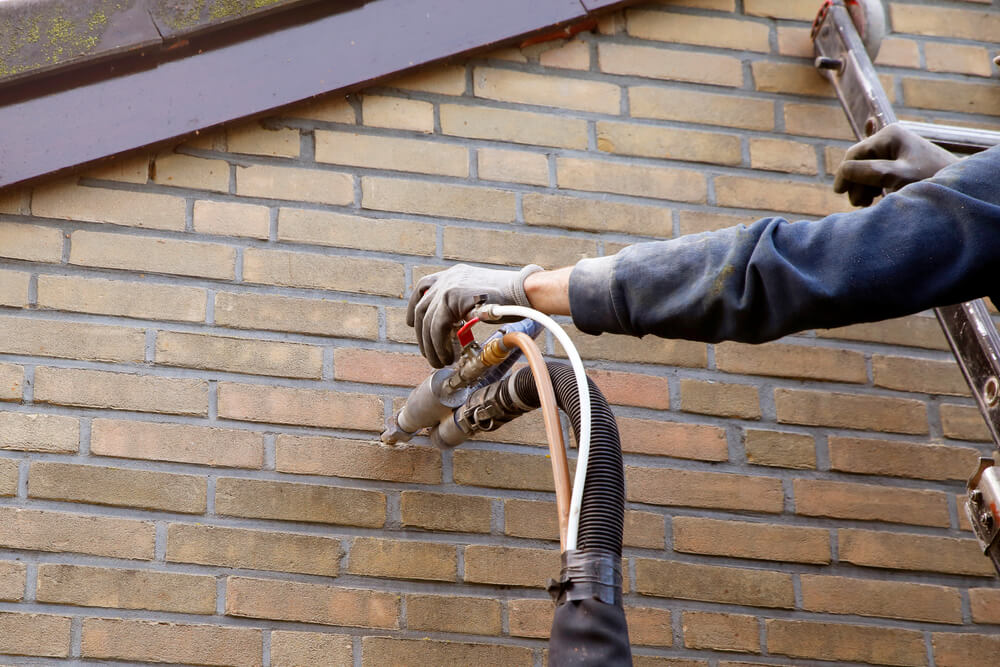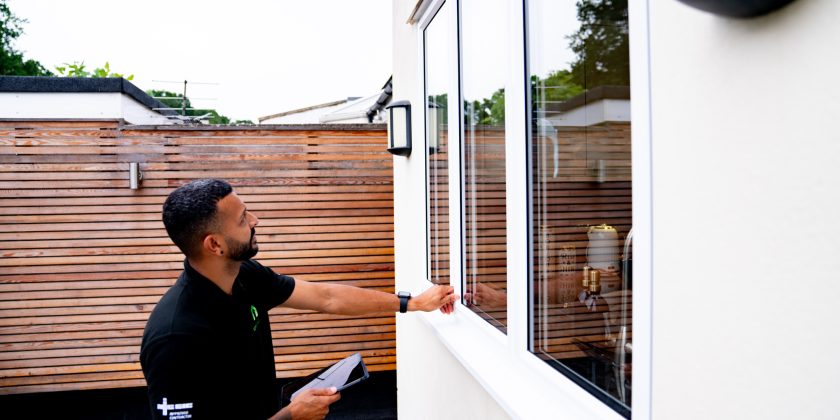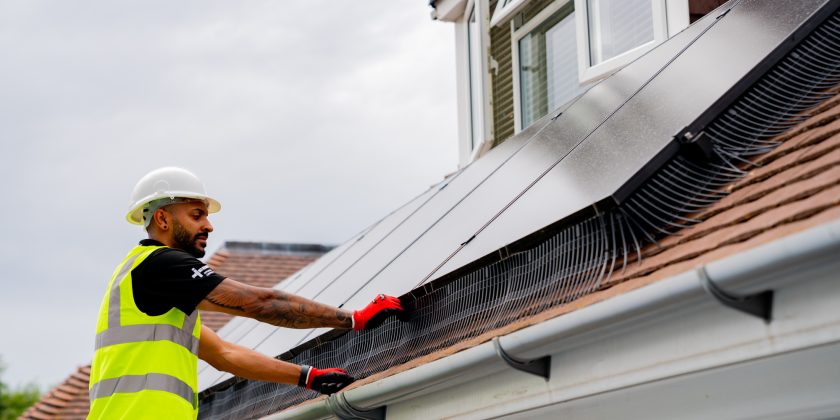Rules surrounding energy performance certificates (EPCs) could be tightened. If this plan does go ahead, all rental properties would need to achieve a “C” rating on new tenancies by December 2025.
Exploring the different ways that EPC ratings can be improved is necessary to ensure that any changes that are made are within your budget.
Here at Propcert, we explore which EPC improvements around the home are the cheapest. Knowledge of these and appropriate planning is necessary to lower your EPC rating without breaking the bank.
Hot water cylinder jacket
Costing only £23 on average, hot water cylinder jackets were rated the cheapest way to improve EPC ratings according to new research from Rightmove .
Hot water cylinders allow for an adequate amount of hot water without continually running heating. This overtime can help landlords and tenants cut down on the cost of energy bills and be energy efficient.
A sufficiently insulated hot water cylinder will constantly lock in heat and make the heating system more efficient.
LED lighting and energy-efficient light bulbs only
Low energy lighting in all areas of the home was rated the second most inexpensive way to improve the EPC rating of a property.
The average cost of this is around £38 and remains a straightforward task that can be done without the help of a professional.
Light emitting diodes (LEDs) are not only cheap, but they have extremely long lifespans compared to other bulbs.
SimplyLED claims that an LED bulb would cost just £19 throughout its duration whereas an incandescent bulb would cost £152 to run during this time.
Other examples of cheap energy-efficient lighting that can be explored include strip lights or linear fluorescent lamps (LFLs), compact fluorescent lamps (CFLs), and halogen light bulbs.
Draughtproof single glazed windows
From as little as £100, draughts can be kept at bay. Rightmove revealed that draught-proofing is the third cheapest way to increase an EPC rating.
Getting a professional to draughtproof single glazed windows is the pricier option, however, it could be worthwhile as work carried out by a professional is likely to be done at a much highest standard.
Landlords hoping to save even more cash could get their hands on a gunned silicone sealant and fill in the gaps themselves.
Increase insulation
Loft insulation is likely to drastically boost the EPC rating of any home and the overall energy efficiency of a property.
This process can cost around £223, making it the fourth least expensive way to improve an EPC rating.
Research shows Research shows that 270mm of insulation is recommended for the average loft, yet all houses vary so we recommend that landlords seek a professional to install the appropriate amount.
Upgrade heating controls
Without accurate knowledge of how much gas or electricity is being used, tenants are likely to consume more than necessary.
Here’s where smart meters and thermostats come to the rescue. They allow for a better understanding of energy usage and make the home more energy efficient.
Controls such as a room thermostat can be used to better control the temperature of the home. Ultimately, they allow tenants to better control their heating and therefore increase the EPC rating of properties.
During a time that households are already feeling the effects of inflation, it is promising for landlords to know that there are EPC rating improvements that only cost between £23 and £400.
If you do make any of these changes to your property to increase the rating, a new EPC should be carried out as the rating will be affected by those changes.
For a full list of services please click here and contact us here for any more information on what we provide.



